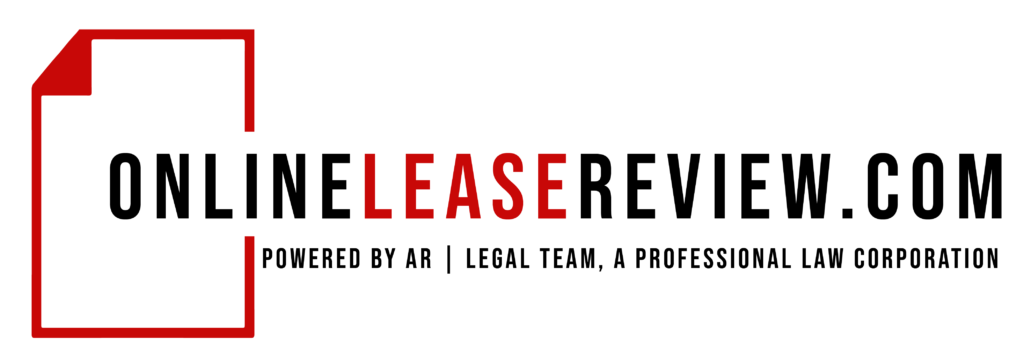As a business owner, you know that your commercial lease is a crucial element in your success. It provides you with the space you need to run your operations and serve your customers. But what happens when your lease is up for renewal? What happens if you have no written options to renew your lease? Do you know how to navigate the renewal process to ensure that you’re getting the best possible deal? In this article, we’ll provide you with some tips and tricks to help you navigate the murky waters of commercial lease renewals.
Tip #1: Start Early
Don’t wait until the last minute to start thinking about your lease renewal. Give yourself plenty of time to review your current lease and identify any areas where you’d like to negotiate better terms. If you wait until the last minute, you may feel pressured to accept whatever terms are offered, even if they’re not in your best interest. [This post assumes that you do not have a written option to extend the term of your lease. If you have such an option, check the language in your lease regarding the minimum notice period that must be given to the landlord and avoid missing any deadlines and losing your rights.] Try to give yourself at least six months before your lease expires to explore your options, negotiate with your landlord, and make informed decisions about your business’s future.
Tip #2: Know Your Value
When negotiating your lease renewal, it’s essential to understand the value that you bring to the table. If you’re a long-term tenant with a good payment history, your landlord will want to keep you on board. Use this to your advantage and negotiate for favorable terms, such as lower rent or longer lease terms.
Tip #3: Identify Areas for Negotiation
As you dive into negotiations with your landlord, make sure you’re aware of all the provisions in your lease. These provisions can have a big impact on your business’s success, so it’s crucial to understand them. As you review your current lease, pay close attention to the areas where you’d like to negotiate better terms. For example, you may want to negotiate a lower rent, longer lease terms, or more favorable renewal options. Once you’ve identified these areas, be prepared to make a compelling case for why you deserve better terms.
Most leases include a provision that allows for rent increases over the course of the lease term. It’s important to understand how these increases are calculated and when they will take effect. Will they be a fixed amount or a percentage increase? Will they occur annually or at other intervals? Knowing these details can help you budget for rent increases and avoid surprises down the road.
Another important provision to consider is maintenance responsibilities. Who is responsible for maintaining the property, making repairs, and paying for those repairs? Make sure your lease is clear on these details to avoid any confusion or unexpected expenses.
Lease termination clauses are also crucial to understand. What happens if you need to terminate the lease early? Is there a penalty fee or other consequences? On the other hand, what happens if your landlord wants to terminate the lease early? Make sure you know your rights and responsibilities in these situations.
Subleasing provisions are another key factor to consider. Can you sublease your space to other businesses? If so, under what circumstances and with what restrictions? Subleasing can be a great way to generate additional income for your business, but it’s important to make sure you’re following the rules and protecting yourself legally.
These are just a few examples of the many provisions that can be included in a lease.
Tip #4: Don’t Be Afraid to Walk Away
Sometimes, the best negotiating tactic is to be willing to walk away from the deal. If you feel that the terms being offered are not in your best interest, don’t be afraid to say no and look for other options. Remember, you have the power to negotiate for better terms, and sometimes the best way to do that is by walking away.
Tip #5: Get Professional Help
Finally, if you’re feeling overwhelmed or unsure about how to negotiate your lease renewal, consider getting professional help. An experienced commercial real estate attorney can review your lease, help you identify areas for negotiation, and guide you to ensure that you’re getting the best possible deal.
In conclusion, navigating online commercial lease renewals can be a daunting task, but with these tips and tricks, you’ll be better equipped to negotiate for better terms and ensure that your lease renewal is a success. Remember to start early, know your value, identify areas for negotiation, don’t be afraid to walk away, and consider getting professional help. By following these tips, you’ll be well on your way to securing the best possible lease renewal for your business.
Don’t Miss Out on Lease Renewal Opportunities: A Guide for Business Owners

Share
Facebook
Twitter
LinkedIn
CONTACT US
Please get in touch, we’d love to hear from you.
- (877) 651 0086
- info@onlineleasereview.com
